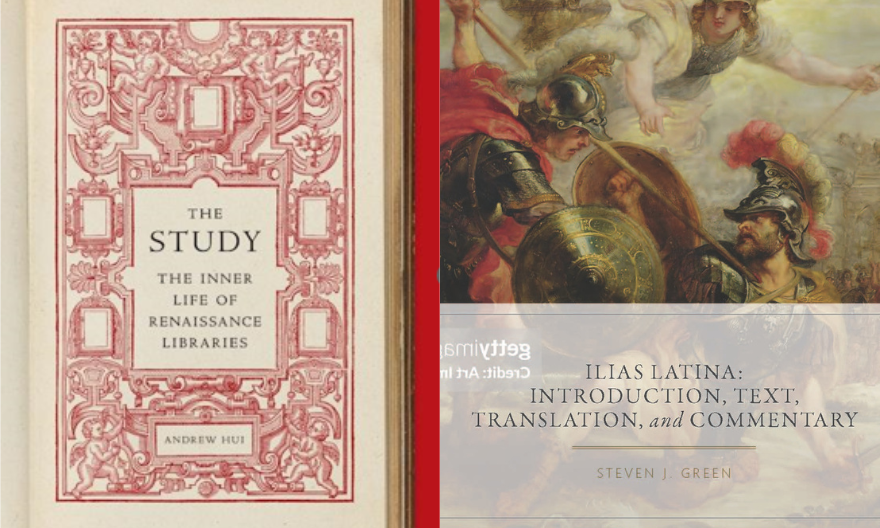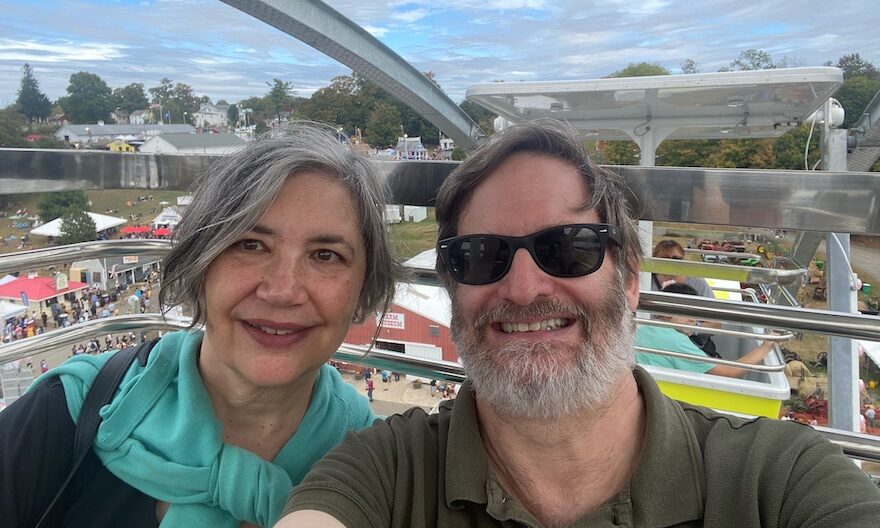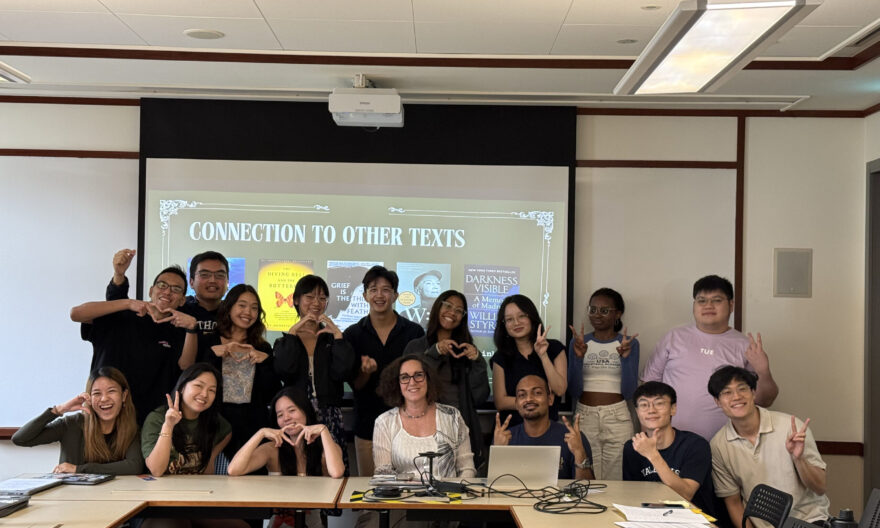Capstones beyond the Classroom
Yale-NUS students blend personal interests with academic research delving into AI, heritage conservation and refugee rights
The capstone, a year-long, self-directed research project, is a hallmark of Yale-NUS College’s liberal arts and science curriculum, allowing students to bring their academic interests, personal backgrounds, and the causes they care about into deeply engaged research. The process is a long and intensive one, and for most students, having a strong motivation or passion for their project is imperative to keep them going through their work.
For Yehoon Ahn (Class of 2025), a Mathematical, Computational and Statistical Sciences major (Data Sciences Track), the capstone provided a perfect opportunity to combine his academic skills with his interest in the craft of writing. His project, titled “Using multiple criteria to implement a virtual writing assistant with a large language model (LLM)”, aims to develop a virtual writing assistant capable of giving feedback and scoring a piece of text based on a rubric. His work was heavily inspired by his work as a peer tutor at the Yale-NUS Writers’ Centre, now part of NUS’ Communication and Writing Hub at its Centre for English Language and Communication (CELC), and the growing interest and use of LLMs such as ChatGPT. “The way we normally use popular instruction-tuned large language models like ChatGPT may not be the best way to induce the most useful responses, because these models tend to hallucinate and generate verbose text. Also, because the inference process is still very much a ‘black box’, we don’t know where (these) LLMs’ text generation originates,” Yehoon shared.
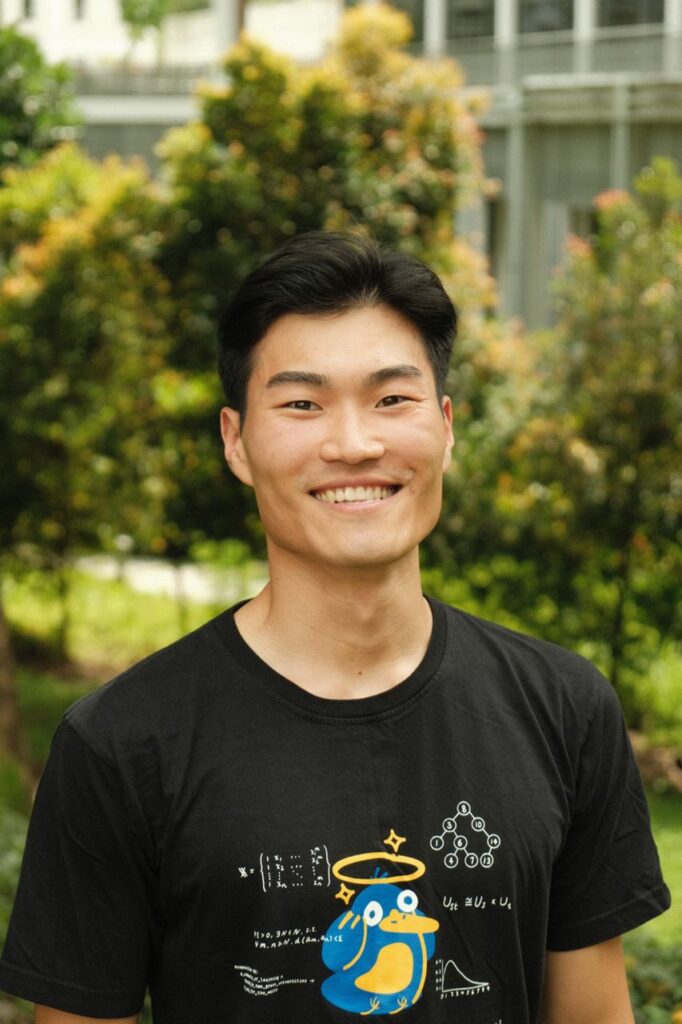 Yehoon Ahn (Class of 2025). Image provided by Yehoon for Yale-NUS College.
Yehoon Ahn (Class of 2025). Image provided by Yehoon for Yale-NUS College.
His virtual writing assistant’s responses were limited to a rubric that he derived from his pedagogical training at the Writers’ Centre, to ensure that the LLM’s responses are grounded in good writing principles. For his capstone, Yehoon reached out to his fellow peer tutors when creating his writing assistant, by asking them to score essays using the same rubric as the LLM and comparing both scores. “I also asked peer tutors about their experience interacting with the system. In the process, I learned a great deal about what could be improved in the system, regarding both the user interface design and LLM performances,” explained Yehoon. Yehoon hopes that his capstone, which encapsulates the relationship between AI and human ingenuity, will allow himself and others to be able to utilise LLMs capabilities in more targeted ways.
While some capstones look to the future, others interrogate the past. Rachel Fong (Class of 2025) used her capstone to reflect on Singapore’s relationship with its history. Her project, which revolves around the question “why do we value what we value?” is an exploration of architectural conservation in Singapore through discourse analysis and field research. An Urban Studies major and Literature minor, Rachel sought to use her capstone to look at how narratives of land scarcity in Singapore have shaped conservation efforts within its urban planning agenda, which is noted for its constant upheaval and rebuilding to maximise land use. “Because of this, I think a lot of people who call Singapore home have an uncertain relationship with its physical landscape, precisely because it exists in a constant state of change,” Rachel said. “For pragmatic reasons, we cannot keep every old building, but this led me to ask: What kinds of buildings (and by extension, what facets of our history/ heritage are we conserving?”
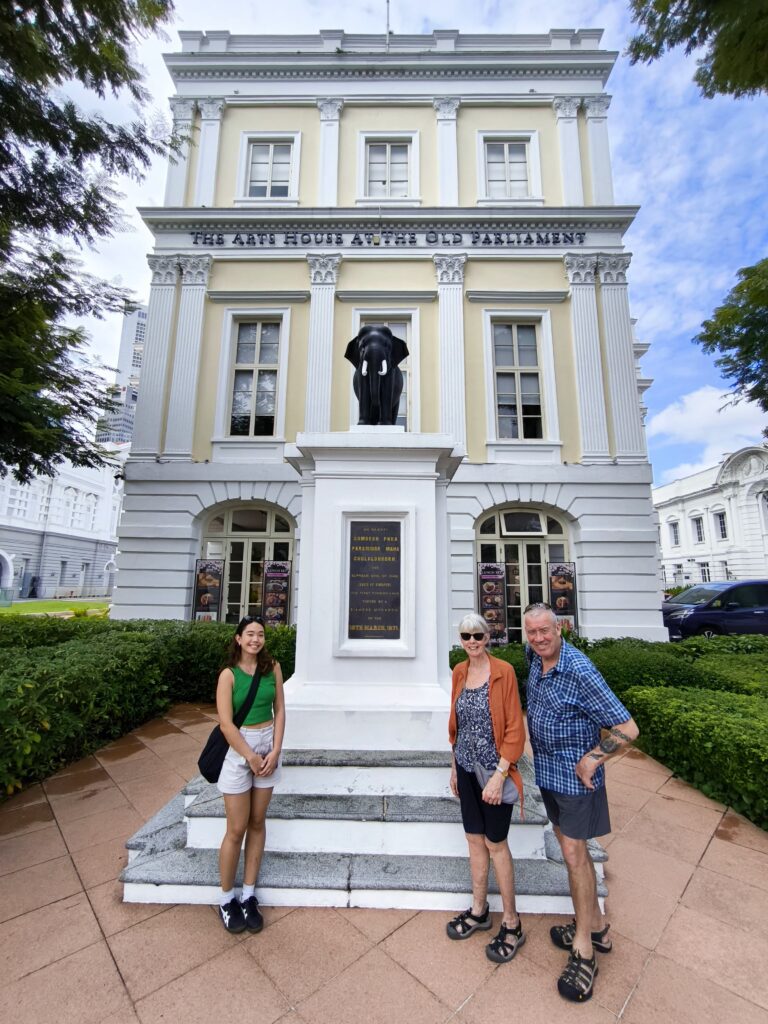 Rachel Fong (Class of 2025), outside the Old Parliament Building whilst on guided tour through Singapore’s civic district. Image provided by Rachel for Yale-NUS College.
Rachel Fong (Class of 2025), outside the Old Parliament Building whilst on guided tour through Singapore’s civic district. Image provided by Rachel for Yale-NUS College.
As part of her research process, Rachel joined a guided tour of colonial architecture in Singapore’s civic district. “I realised I’ve never had a chance to be a tourist in my own country, and I was interested to hear how the narratives of our past that we curate for foreigners might differ from local understandings of our history/ heritage,” she shared. During the tour, Rachel recalled fondly, she got the opportunity to share local perspectives on Singaporean architecture with the rest of her tour group, and visit places she hadn’t been to before, such as the State Courts and Old Parliament. Her capstone revealed that narratives of conservation are far more nuanced and complex than she initially imagined; nevertheless, Rachel relished the opportunity to gain deeper insights into her heritage and its representation.
Maja Geroska (Class of 2025) drew inspiration from her homeland of Poland for her capstone. As a Politics, Philosophy and Economics major, her capstone focuses on evaluating the strengths and weaknesses of Polish policies aimed at integrating Ukrainian refugees into its labour force. Since the 2022 Russian invasion of Ukraine, Poland has been a recipient of a substantial influx of refugees, leading to concerns about long-term resource distribution and labour force integration. Observing the numerous grassroots social support mechanisms and government initiatives created for incoming refugees, Maja was inspired to determine to what degree these policies supported refugees, particularly women, and conducted fieldwork in Poland during December 2024. “Initially I worried that I wouldn’t find any willing participants,” she admitted. “However, I had the privilege to engage with such inspiring women who shared their heartfelt stories with me. I was really moved by their resilience in the face of the trauma of war, and how each of their journeys, although unique, were connected by threads of deep care for their communities and a belief that things will only get better.”
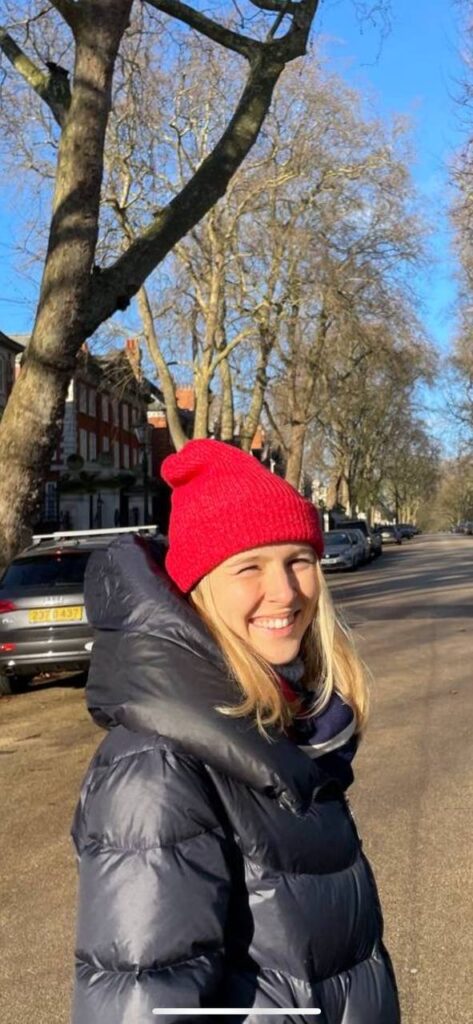 Maja during her fieldwork in Poland. Image provided by Maja for Yale-NUS College.
Maja during her fieldwork in Poland. Image provided by Maja for Yale-NUS College.
For Maja, engaging with her interviewees face-to-face reaffirmed the significance of her project, and the need to engage with stakeholders directly during all stages of developing and implementing policy. As she dove into her interviews, she found herself learning more from her interlocutors by letting them steer the conversation, rather than confining herself to a rigid interview process, leading to new insights that she hadn’t considered prior to her fieldwork. “I stuck to my framework less, and listened more, and it made all the difference,” she noted of the experience. Maja hopes that her work can help inform future policy making efforts responding to Europe’s refugee crises.
Whether exploring AI’s role in writing, the complexities of conservation, or refugee integration policies, this year’s capstone projects demonstrate how meaningful research cuts across disciplines, shapes perspectives, and drives real-world change.

